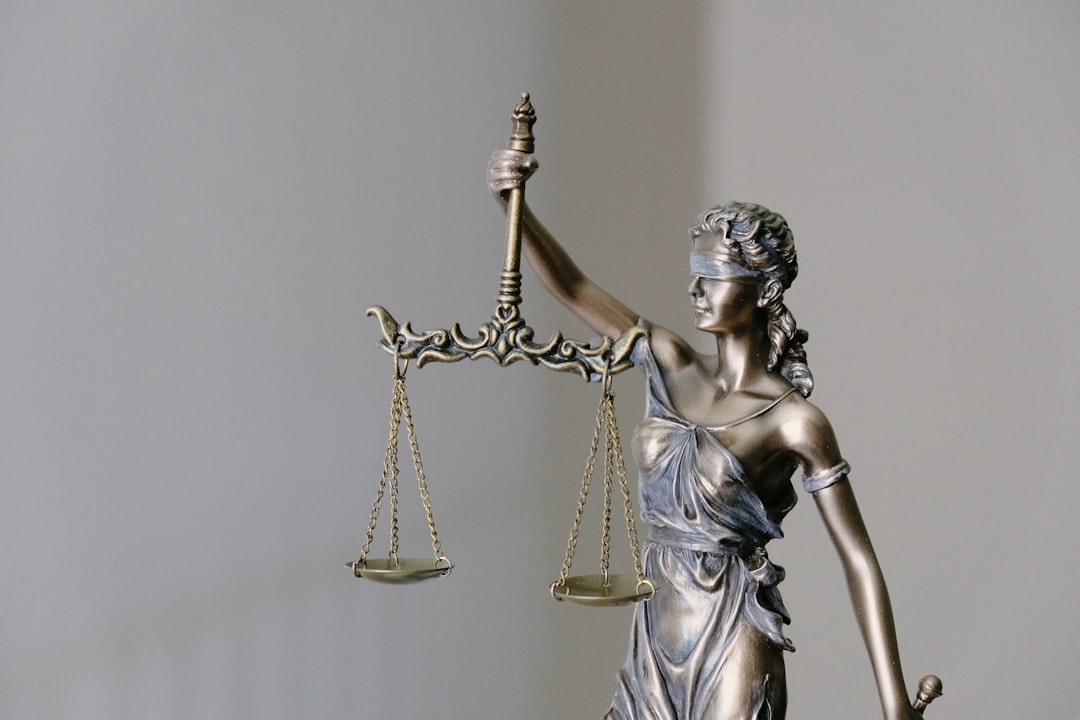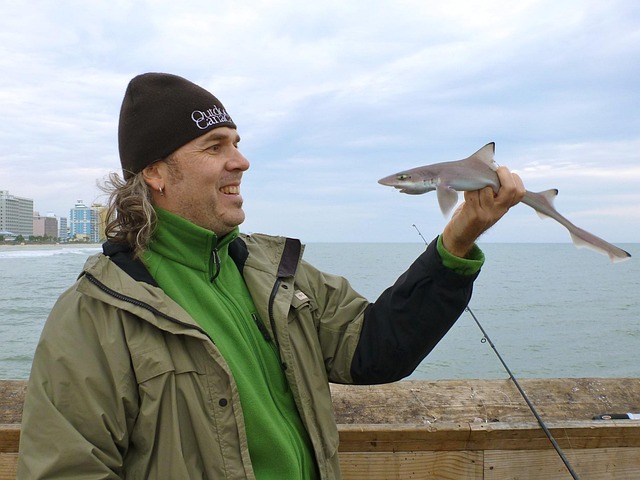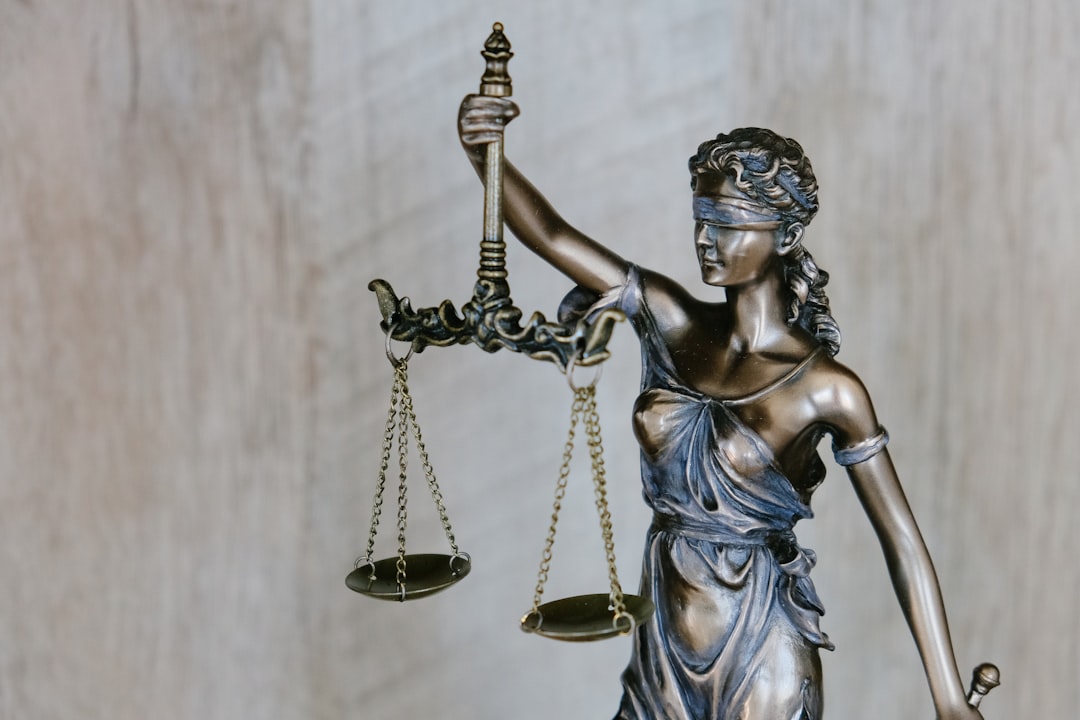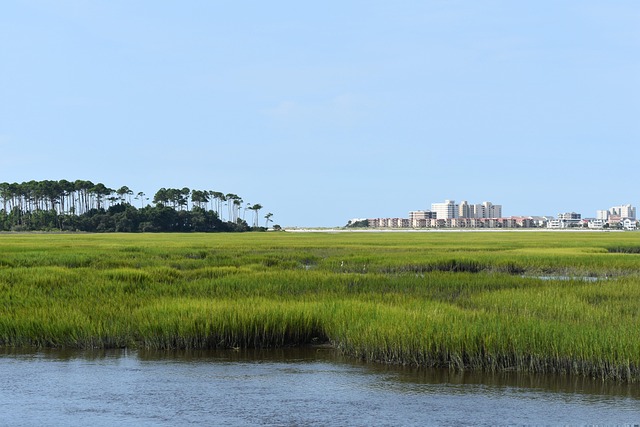Strict South Carolina laws mandate reporting child sexual exploitation by educators and enable victims to seek justice through school abuse attorneys. Gaps in prevention strategies, such as inadequate background checks and outdated policies, contribute to predator access and increase student risk. School abuse attorneys represent survivors, advocate for rights, and hold accountable those who fail to protect students, pursuing compensation and awareness for preventable tragedies.
In recent years, there has been heightened scrutiny on sexual abuse prevention measures within South Carolina’s educational institutions. Numerous lawsuits have emerged, shedding light on critical failures in safeguarding students from abuse. This article delves into the complex landscape of school sexual abuse laws in South Carolina, explores common shortcomings in abuse prevention strategies, and highlights the pivotal role played by school abuse attorneys in holding perpetrators accountable and ensuring justice for victims.
Understanding South Carolina's School Abuse Laws

In South Carolina, understanding and adhering to laws regarding school sexual abuse is paramount for fostering a safe learning environment. The state has implemented legislation aimed at preventing and addressing child sexual exploitation within educational institutions. These laws include mandatory reporting requirements for educators and other authorized personnel who witness or suspect any form of child abuse, including sexual misconduct. A school abuse attorney in South Carolina plays a crucial role in ensuring these laws are enforced and that victims receive the justice they deserve.
If an incident of sexual abuse occurs within a South Carolina school, it’s essential to know that there are legal avenues for victims and their families to pursue. A school abuse attorney can guide them through the complex process of filing lawsuits against responsible parties, be it individuals or educational institutions, to hold them accountable. These legal actions not only seek compensation but also aim to bring awareness to potential risks, thereby preventing similar tragedies in the future.
Common Failures in Sexual Abuse Prevention Strategies

In addressing school sexual abuse prevention failures in South Carolina, it’s critical to examine common gaps within existing strategies. Many institutions fall short in conducting thorough background checks on staff and volunteers, often failing to uncover prior instances of misconduct. This lapse in screening allows predators to gain access to vulnerable students, exacerbating the risk of abuse.
Additionally, inadequate teacher-student ratio and lack of comprehensive training on recognizing and reporting suspicious behaviors contribute to these failures. Many schools also struggle with outdated policies and a culture that discourages open dialogue about sexual abuse, making it harder for victims to come forward. Legal action against negligent institutions becomes necessary when school abuse attorneys in South Carolina represent victims seeking justice and compensation for the irreparable harm caused by these preventable tragedies.
The Role of School Abuse Attorneys in South Carolina Lawsuits

In cases of school sexual abuse, particularly in South Carolina lawsuits, a school abuse attorney plays a pivotal role in advocating for victims’ rights and securing justice. These legal professionals are well-versed in the state’s laws and regulations pertaining to child protection and educational institutions. They guide survivors through the complex legal process, ensuring their voices are heard and their interests protected.
South Carolina school abuse attorneys specialize in handling lawsuits against schools, educators, or any entity that fails to uphold its duty of care in preventing sexual abuse. Their expertise lies in gathering evidence, interviewing witnesses, and constructing robust legal arguments to hold accountable those responsible for the harm inflicted upon students. They strive to create a safe space for victims to share their stories while pursuing compensation for the trauma they’ve endured.





